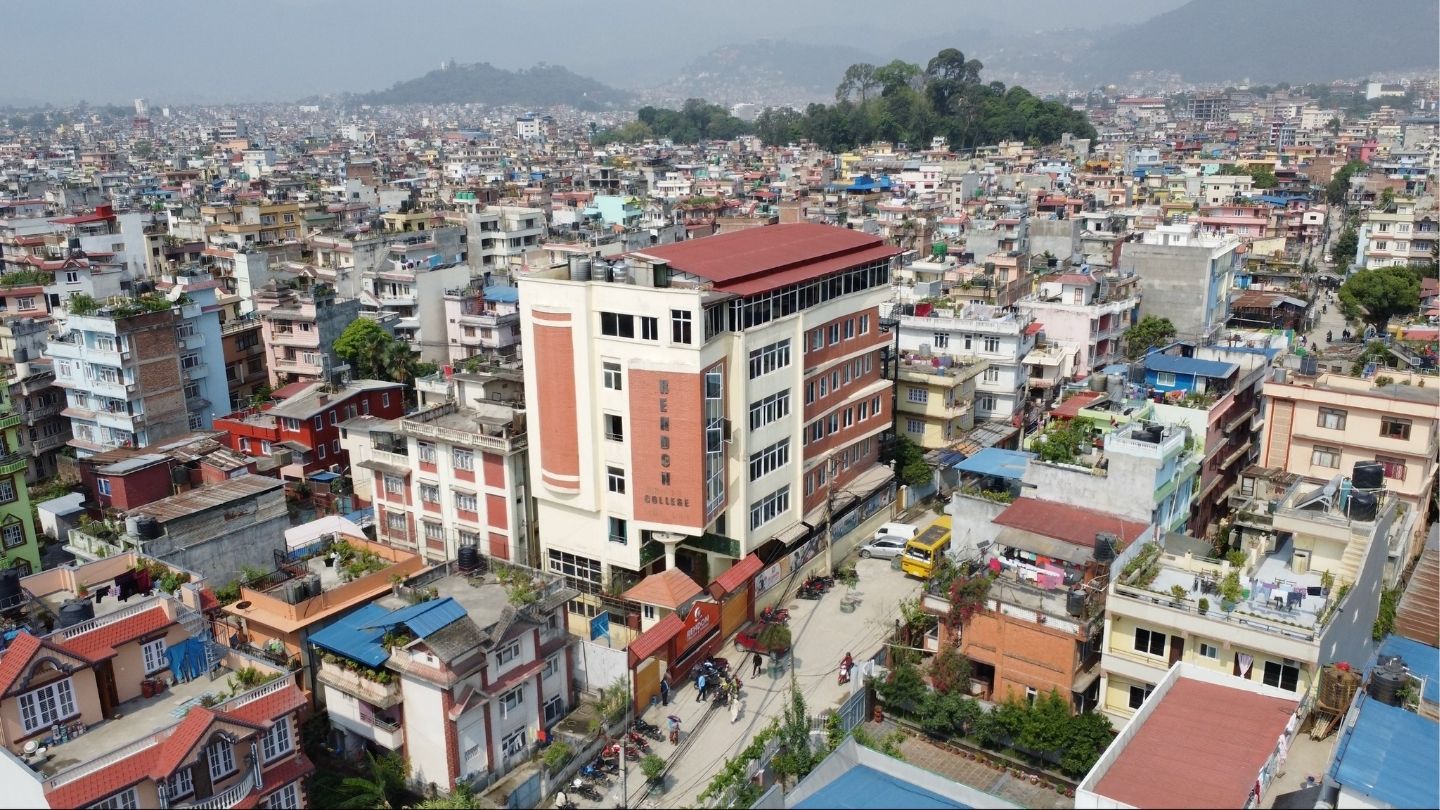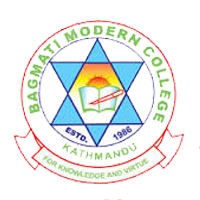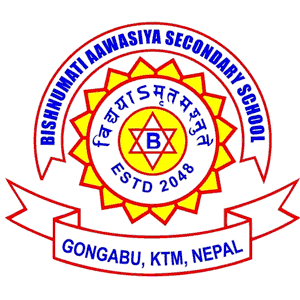Overview
Ten Plus Two (+2) Science at REHDON College, Samakhushi, Kathmandu
Ten Plus Two (+2) Science at REHDON College, Samakhushi, Kathmandu follows the National Examinations Board (NEB) framework and supports your plan for medicine, engineering, IT, or natural sciences. The stream builds strong grounding in Physics, Chemistry, Biology, and Mathematics, while keeping space for Computer Science where offered. Students learn through structured lab work, guided practice, and steady assessment that aligns with NEB standards.

Overview
REHDON runs +2 Science under NEB with a clear year-wise structure. Classes combine concept building, problem sets, and practical activities. Faculty emphasize steady study habits, timely feedback, and exam readiness. Laboratory sessions help you connect theory to real observations. Regular parent–teacher interaction and counseling keep learning on track.
Highlights
-
Affiliation: National Examinations Board (NEB)
-
Location: Samakhushi, Kathmandu
-
Duration: Two academic years (Grade 11 and Grade 12)
-
Learning mode: Classroom teaching, labs, assignments, class tests, and terminal exams
-
Facilities: Physics, Chemistry, Biology labs; computer lab; library and reading room; counseling; basic health desk; transportation
Curriculum Details
Grade 11 (typical cluster under NEB):
-
Compulsory: Nepali, English
-
Group/Optional set (as offered): Physics, Chemistry, Mathematics, Biology or Computer Science
-
Assessment: Internal tasks, lab records, class tests, terminal exams
Grade 12 (typical cluster under NEB):
-
Compulsory: Nepali, English
-
Group/Optional set (as offered): Physics, Chemistry, Mathematics, Biology or Computer Science
-
Project/Lab work: Practical notebooks, viva, and internal marking as per NEB
Subject combinations are allocated by the college at admission and section formation. Section shifts or subject changes follow available seats and NEB rules.
Objectives
-
Build core scientific literacy: Physics, Chemistry, Mathematics, and Biology fundamentals for higher study.
-
Develop analytical habits: Quantitative reasoning, problem solving, and data interpretation.
-
Strengthen practical understanding: Safe and accurate lab skills and record keeping.
-
Support exam readiness: Steady practice, past-paper drills, and constructive feedback.
Scope
Students use the stream to enter MBBS, BDS, Nursing, Pharmacy, Public Health, Engineering (Civil/Mechanical/Electrical/Electronics/Computer), CS/IT, Agriculture, Forestry, and lab science. Many learners also plan for standardized entrance tests while completing NEB.
Learning Outcomes
-
Scientific concepts: Apply laws, formulas, and models in physics and chemistry contexts.
-
Mathematical tools: Use algebra, trigonometry, calculus basics, and statistics in problem solving.
-
Biological thinking: Explain cell processes, genetics basics, ecology themes, and human physiology.
-
Experimental skills: Plan simple experiments, handle apparatus responsibly, collect data, and write clear lab reports.
-
Communication: Present solutions, figures, and tables that examiners can follow.
Skill Development Modules
-
Problem-solving drills: Numericals in mechanics, electricity, chemical equilibrium, and kinetics.
-
Measurement & error: Units, precision, significant figures, and uncertainty.
-
ICT use: Calculation sheets, plotting tools, and basic coding exposure where Computer Science is taken.
-
Study strategy: Time planning for long papers, diagram practice, formula sheets, and revision cycles.
Teaching Methodology
Faculty use board teaching, worked examples, small-group practice, lab demonstrations, supervised experiments, and tutorial classes near terminals. Mentoring supports students who need targeted revision. Guardians receive periodic updates on attendance and progress.
Admission Requirements
-
Academic evidence: SEE/GCSE/CBSE or equivalent as per NEB provisions.
-
College screening: Application form with documents, subject counseling, and entrance/interview as announced.
-
Placement to sections: Based on merit, seat availability, and subject choices allowed under NEB rules.
College notices set the exact intake criteria for each academic year. Students should verify current GPA/grade thresholds and any subject-wise conditions in the latest admission circular.
Career Opportunities
-
Early paths: Lab assistant exposure, coding basics (for CS option), science tutoring, or entry support roles.
-
After bachelor’s entrance: Medicine, engineering, computing, pharmacy, nursing, agriculture, forestry, and research-linked tracks.
Scholarships and Financial Aid
-
Merit categories: Entrance exam topper, high GPA, district/school toppers (quota-wise).
-
Special categories: National-level sports and other categories as published.
-
Required documents: Mark sheets, rank letters, recommendation proofs where relevant.
Seats and fee waivers run on a first-published, quota-limited basis each intake cycle.
Why Choose This Course?
-
Structured science training: Two-year pathway that dovetails with common bachelor’s entrances.
-
Laboratory strength: Regular practicals that match the written syllabus.
-
Guided preparation: Internal tests, feedback loops, and counseling support.
Conclusion
+2 Science at REHDON offers a focused route for students aiming at medicine, engineering, or computing. A balanced mix of theory classes, labs, and timely testing helps you build habits needed for long papers and practical exams. Careful subject selection in Grade 11, consistent attendance, and weekly revision keep outcomes steady through Grade 12.



















